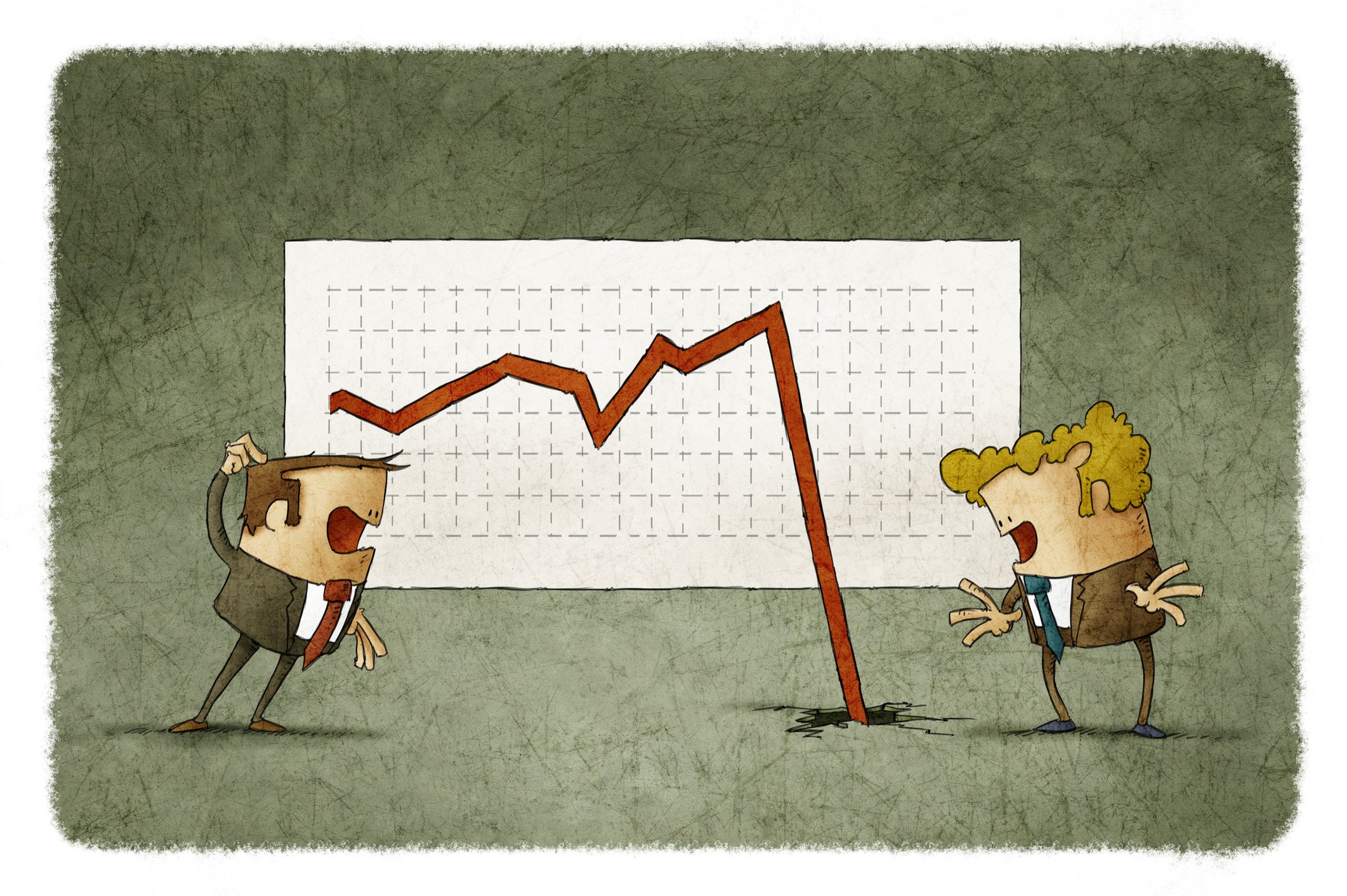Winnebago (WGO +3.81%) reported a 1% decline in year-over-year sales and a nearly 2% decline in operating income. Quarterly revenues of $530 million still exceeded consensus estimates by $10 million. The company's towable segment expanded by 6.3% for the full fiscal year, but the motorhome segment suffered a 17.8% slump over the year and 12% for the fourth quarter. While these trends are troubling on the motorhome side, Winnebago was able to increase its market share in both segments.
Despite declining operating profits, Winnebago's net earnings per share actually rose 7% due to increased research and development tax credits. Analysts were expecting a 3% earnings decline, so these flat results were a favorable surprise. In a conference call, company management also alluded to improving sales mix from the towable segment driving margins higher. But investors who are looking further down the road would do well to consider how this company and the broader RV segment would perform in a recession.

Image Source: Getty Images
Rough roads for RVs
Winnebago achieved its results amid a 20% decline in recreational vehicle industry sales. The company was able to weather the storm through acquisitions, notably of Grand Design, Newmar, and Chris-Craft, to move into adjacent markets. Investors should not expect a drastic turn around in market dynamics in 2020, but dealer inventories have improved, which should bode well for demand.
The company has also maintained a strong balance sheet, with a 0.40 debt-to-equity ratio and a current ratio above 2. These numbers are impressive, given its recent acquisitions, and they're important, given the potentially lean times posed by a recession. Winnebago has $270 million in debt, but this should not be sufficient to threaten the company's financial health.
Results are deceptively good, but has the market overreacted?
Winnebago has outperformed every stock in its peer group comprised of BRP, Thor Industries, Polaris, and LCI over the trailing 12 months. Winnebago shares have surged 68% since October 2018, while its peers fall within a 13.5% to 25% range, and the most recent surge has added to this outperformance. That level of appreciation above the market is somewhat puzzling, given the industry struggles and lackluster growth reported.
Investors have been impressed with Winnebago's ability to overcome difficult conditions caused by demand overhang, having experienced unsustainable growth in 2018. There is also marketplace bullishness around the potential for electric RVs in the future, and Winnebago is making moves to lead the market in these regards. No doubt, these are reasons to feel good about the recent results and long-term performance, but the valuation ultimately must match fundamentals to avoid a crash at some point.
The RV industry is highly cyclical. Winnebago sells huge-ticket products that are usually a luxury, so it requires substantial disposable income, consumer confidence, and access to credit for sustained demand. From July 2007 to July 2009, Winnebago shares slumped 75%, while the S&P only dropped 43%. If the company's valuation has become too speculative, it would be a prime candidate to experience more demand issues in a recession and sharp contraction in share prices.
Winnebago's valuation metrics are almost all lower than the industry averages. Its price to earnings ratio of 13.7 is the lowest among its aforementioned peers, which average 20.3 for the metric. Winnebago's above-average growth outlook means that earnings multiples are even more attractive on a forward-looking basis and using the PEG ratio, which is an enticing 0.91 for the stock. An EV/EBITDA of 9.64 is also attractive, while price-to-free-cash-flow at 16.4 is right in line with the industry average. Income investors will be unimpressed with its 0.92% dividend yield. But at this point in the business cycle, investors should probably steer clear of volatile, cyclical stocks like this one if the dividend yield is the preferred method of return generation.
This story comes down to risk tolerance and macro outlook
Winnebago has delivered strong performance and is set up to benefit from improving market conditions. Investors can gain exposure to these fundamental drivers at attractive valuation ratios. However, a case can easily be made for macroeconomic weakness eroding value across the whole RV industry. Shares of the company are likely to take a hard hit in a market downturn, so this is really only a high volatility play for investors with a bullish macro outlook.










